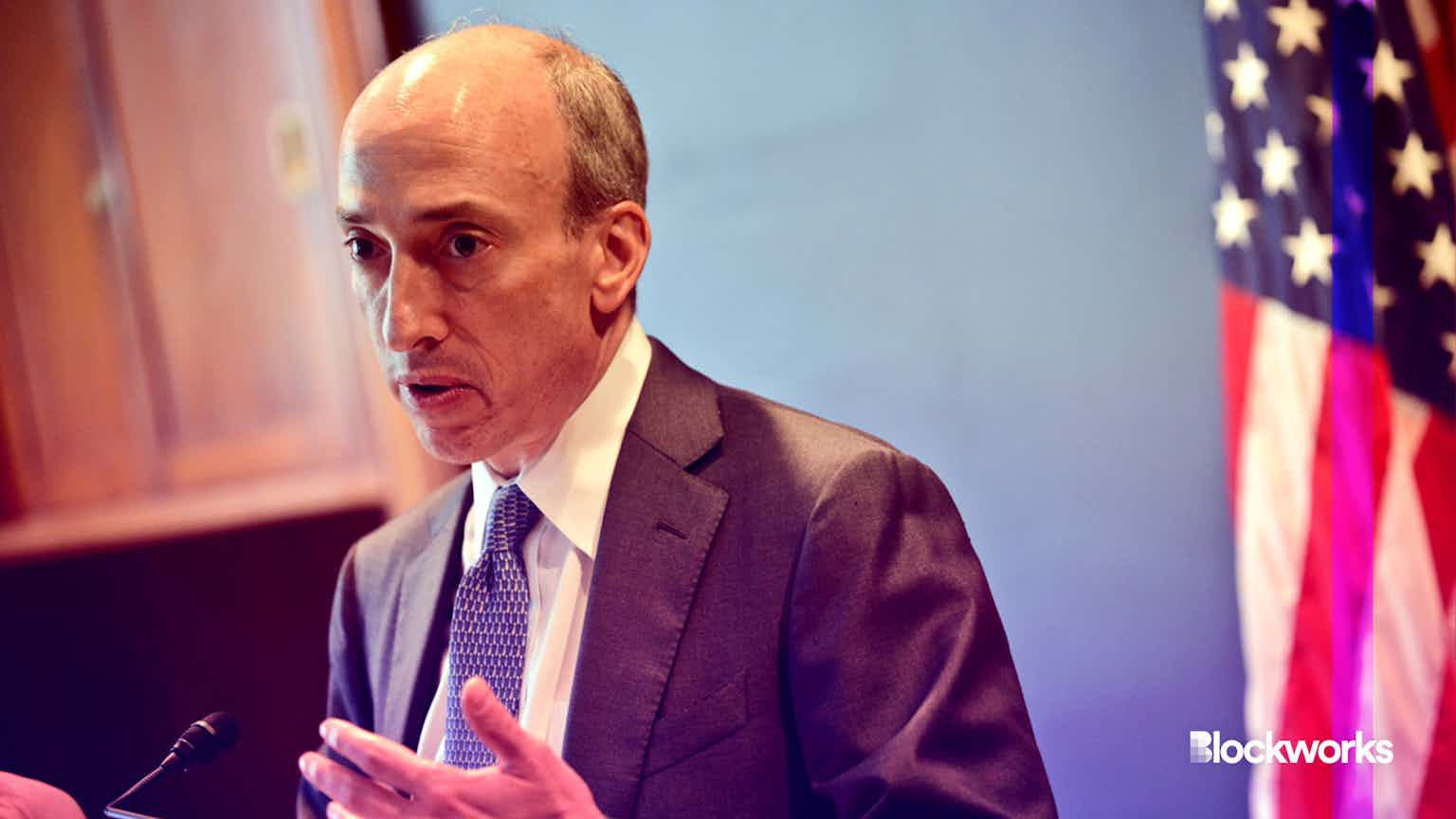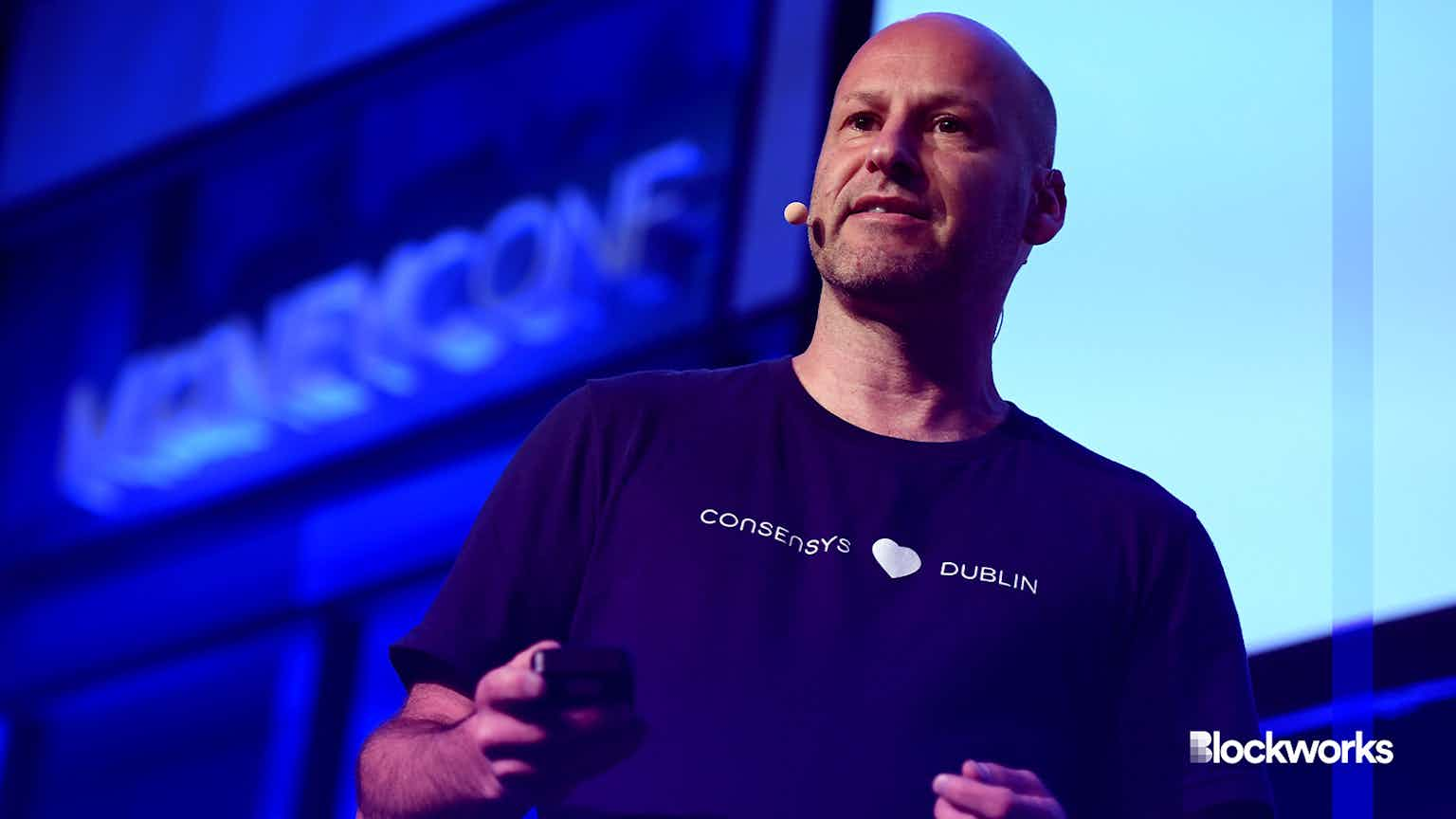Unlock DAO Thinks it Can Make Cross-chain Governance Simpler
Decisions made by the DAO will be automatically implemented from mainnet to different sidechains

Doraemon9572/Shutterstock modified by Blockworks
Unlock DAO, the governing body behind membership protocol Unlock, will launch a cross-chain governance solution on ETH Goerli and Polygon Mumbai testnets.
As protocols grow and support a greater amount of blockchains, implementing governance decisions often becomes more complex.
The protocol has been deployed on nine different networks, including Optimism, Arbitrum and Polygon. However, governance decisions made by Unlock DAO were made on Ethereum mainnet, Unlock founder Julien Genestoux told Blockworks.
“There was no way to formally govern from mainnet in a way that would automatically execute governance decisions on all of the side chains,” Genestoux said. “There is no chain of command between mainnet and the side chains.”
This new governance solution is designed to automate decisions made by the DAO, Genestoux said. Currently, a trustee must exist to implement decisions made on mainnet onto each individual side chain. This new governance solution will remove the trustee so that the process becomes completely automated.
In practice, this means that once Unlock DAO makes a decision on Ethereum mainnet, a set of instructions will be sent across to other chains using a bridge (powered by Connext Bridge). An ‘UnlockOwner’ contract will act as a relayer in replacement of the trustee.
To prevent any risks, every decision made by the DAO that goes across the bridge will be deployed two days later. This ensures that there will be enough time to stop malicious calls.
A multisig run by the Unlock team will also continue to monitor actions through the UnlockOwner contract, a decision, Genestoux said, that is still a necessary safety solution at this stage.
If the Unlock community only needs to make changes on one chain, they will be able to do so on the mainnet. The transaction decision will then be automatically executed on the relevant chain.
The cross-chain governance solution will be entirely open source. Genestoux said that though there are still a series of audits and tests to perform, he hopes to deploy this technology on mainnet before the end of June.
Start your day with top crypto insights from David Canellis and Katherine Ross. Subscribe to the Empire newsletter.





